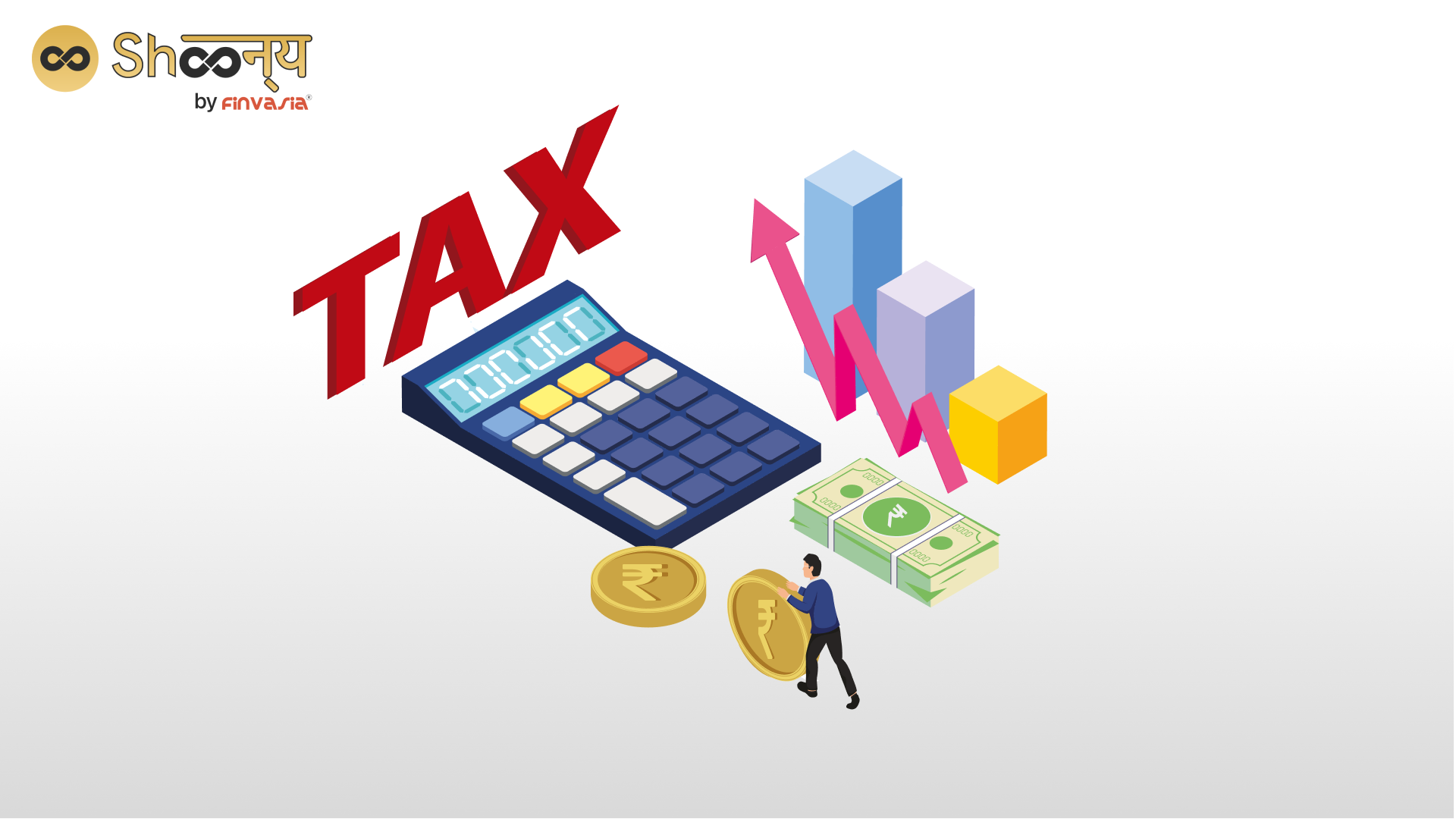Tax Implications of Stock Market Investments & Trading in India

Investing in the stock market can be a profitable endeavor. However, it is important to understand the tax implications of your trading activities. Investors and traders are subject to taxation on their income from share trading.
Given the nature of the stock markets, where trading activities happen often and quickly, it is important to keep track of all your gains and losses. Tax on income securities can be levied at different rates depending on the duration for which an asset has been held.
The following article will look at the different tax rates for share trading by investors and traders in India.
Short-term capital gains tax
Short-term capital gains tax is applied to any profits made on shares that have been held for a period of less than one year from the date of purchase. This rate is 15% (plus cess) for individuals and Hindu Undivided Families (HUFs). For other entities, it is 18.5% (plus cess).
Long-term capital gains tax
Long-term capital gains arise when you hold an asset – shares in this case – for more than a year before disposing of them. The resultant gain or profit will be taxed at 10% (plus cess) if your total income has exceeded the basic exemption limit. Long-term capital gains will not be taxed for those with incomes below the exemption limit.
Dividend distribution tax:
Any income earned through dividends is subject to a dividend distribution tax of 10% (plus cess). This applies to any investment in equity-oriented mutual funds and companies listed in India’s recognized stock exchange. However, if you hold shares as an investor and have held them for at least one year, then any dividend received is exempt from this tax.
Income Tax on Share Trading
Share trading is the buying and selling of shares to realize gains or losses. Income tax on share trading applies to any profits made from it.
Suppose you purchase shares in a company, hold them for some time, and then sell it at a higher price; the difference between the buying and selling prices will be subject to taxation.
The applicable rate of tax on income securities depends on several factors, such as your status as an investor or trader, how long you have held the asset (short-term or long-term), and whether any dividend has been earned from your investment.
Dividend distribution tax applies to any income received through dividends from equity-oriented mutual funds or companies listed on a recognised stock exchange in India.








